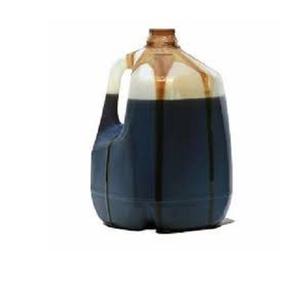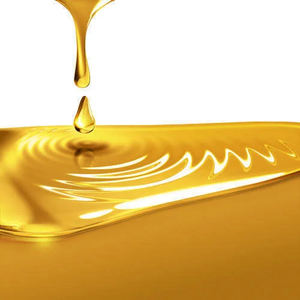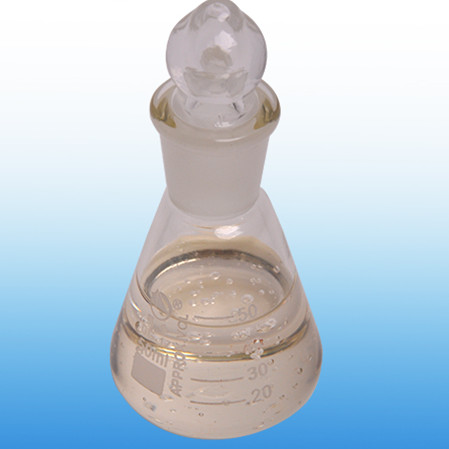
TR-202 Zinc Butyl Octyl Primary Alkyl Dithiophosphate

TR-EPC02 Ethylene-Propylene Copolymer

Lithium 12-Hydroxystearate Lithium Grease Lithium Based Grease

Graphene Best Oil Additive Engine Oil additive

Graphite Powder Graphite Lubricant Dry Graphite Lubricant

MoS2 Friction Modifier Molybdenum Disulfide
Overview of ISO Specification and Industrial Lubricant Application Shell Industrial grease
Industrial lubricant oils are specially formulated fluids designed to reduce friction, dissipate heat, prevent wear, and protect machinery and equipment from corrosion in various industrial applications. These oils play a critical role in maintaining efficiency, extending equipment lifespan, and minimizing downtime across manufacturing, construction, and heavy-duty industries. Industrial lubricants come in different grades and viscosities tailored to meet the specific operating conditions and requirements of different machines and environments.
Features of ISO Specification and Industrial Lubricant Application Shell Industrial grease
Reduced Friction: Formulated to minimize friction between moving parts, reducing energy consumption and wear.
Heat Dissipation: Aids in transferring heat generated by friction away from critical components, preventing overheating and damage.
Corrosion Protection: Contains additives that form a protective film on metal surfaces, shielding against rust and corrosion.
Load-Bearing Capacity: Capable of supporting heavy loads and high-pressure applications without breaking down.
Viscosity Stability: Maintains consistent viscosity over a wide temperature range, ensuring reliable lubrication in changing conditions.
Compatibility: Designed to be compatible with seals, paints, and other materials in contact with the lubricant.
Long Service Life: Resistant to oxidation and breakdown, allowing for extended intervals between changes and reducing maintenance costs.

(ISO Specification and Industrial Lubricant Application Shell Industrial grease)
ISO 14538:2006 is an international standard for the application of industrial greases. It specifies the recommended minimum lubricating properties, such as viscosity and friction coefficient, for various types of industrial greases. Industrial lubricants are used to reduce friction between moving parts in machines and equipment, improve their performance, and extend their lifespan. The choice of industrial grease depends on factors such as the type of machinery being used, the application conditions, and the desired operating characteristics. Shell Industrial Grease Parameter: * Viscosity (stability) - measured in centipoise per inch square (cSIP) * Friction coefficient (load factor) - measured in Newrhoesels (NR) Shell Industrial Grease Parameters: * Viscosity: ranges from 0.07 cSIP to 0.15 cSIP * Friction coefficient: ranges from 0.01 to 0.05 Shell Industrial Grease has a wide range of applications including engine oils, transmission oils, oils, hydraulic fluids, and spray oils. Its viscosity can be adjusted to match the specific requirements of each application, while its friction coefficient can be customized to provide the necessary level of protection against wear and tear. It's important to note that the best choice of industrial grease will depend on the specific requirements of your application. Therefore, it's recommended to consult with a professional or refer to the appropriate ISO specification to determine the appropriate industrial grease for your specific needs.

(ISO Specification and Industrial Lubricant Application Shell Industrial grease)
Applications of ISO Specification and Industrial Lubricant Application Shell Industrial grease
Manufacturing Machinery: Lubrication of gears, bearings, and hydraulic systems in production lines and CNC machines.
Construction Equipment: Heavy-duty vehicles like excavators, bulldozers, and cranes require robust lubricants for their engines and moving parts.
Power Generation: Turbines, compressors, and generators in power plants demand high-performance lubricants to maintain efficiency and reliability.
Mining Operations: Extreme conditions in drilling, crushing, and conveying equipment necessitate specialized lubricants resistant to dust, heat, and moisture.
Transportation: Fleet vehicles, trains, and aircraft require lubricants tailored for their engines, transmissions, and other mechanical systems.
Food and Beverage Industry: Food-grade lubricants that meet strict health and safety standards for use in processing and packaging machinery.
Infomak is a trusted global chemical material supplier & manufacturer with over 12-year-experience in providing super high-quality lubricant and relatives products.
The company has a professional technical department and Quality Supervision Department, a well-equipped laboratory, and equipped with advanced testing equipment and after-sales customer service center.
If you are looking for high-quality lubricant materials and relative products, please feel free to contact us or click on the needed products to send an inquiry.
L/C, T/T, Western Union, Paypal, Credit Card etc.
It could be shipped by sea, by air, or by reveal ASAP as soon as repayment receipt.
FAQs of ISO Specification and Industrial Lubricant Application Shell Industrial grease
Q: How often should ISO Specification and Industrial Lubricant Application Shell Industrial grease be changed? A: Change intervals depend on factors such as operating conditions, equipment type, and the lubricant's properties. Regular oil analysis can help determine the optimal change schedule.
Q: What is the difference between synthetic and mineral-based lubricants? A: Synthetic lubricants are artificially manufactured and offer better performance at extreme temperatures, longer service life, and better resistance to breakdown. Mineral-based lubricants are derived from crude oil and are more cost-effective but may not perform as well under severe conditions.
Q: How does one choose the right viscosity of ISO Specification and Industrial Lubricant Application Shell Industrial grease? A: The correct viscosity is determined by the equipment manufacturer's recommendations, operating temperatures, and the type and speed of the machinery involved.
Q: Is ISO Specification and Industrial Lubricant Application Shell Industrial grease recyclable or disposable? A: Many ISO Specification and Industrial Lubricant Application Shell Industrial grease can be recycled through filtration and re-refining processes. Disposal should follow local environmental regulations to prevent pollution.
Q: What are the consequences of using the wrong lubricant in industrial machinery? A: Incorrect lubrication can lead to increased wear, decreased efficiency, system failures, shortened equipment life, and potentially safety hazards.

(ISO Specification and Industrial Lubricant Application Shell Industrial grease)




